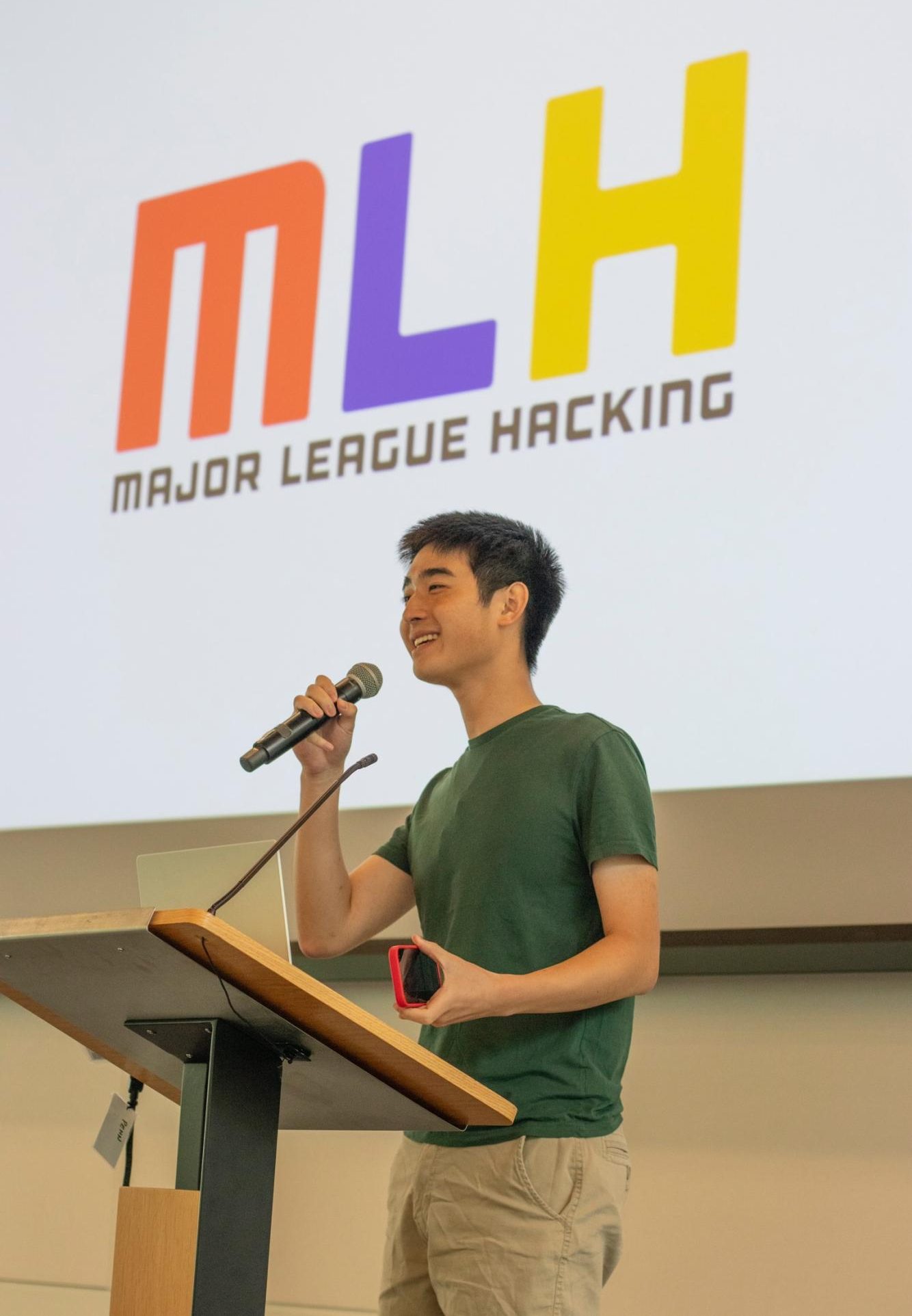Planning a club event often turns into a chaotic process, from organizing promotional outreach to managing participant lists. At the same time, communication easily becomes lost in the myriad of group chats, slowing down productivity. The hassle of following up with each person individually consumes time and energy that could be better spent elsewhere. Pingr, an app developed by N Wang (‘21), solves this problem by streamlining personalized communication and making event coordination more efficient.
Wang developed a passion for computer science in late high school, when he began working on a passion project of his—a digital map documenting the history of Silicon Valley. These efforts sparked his interest in using computer science to address real-world challenges.
“I was like, ‘I don’t know that there’s a tool that exists where I can just do this, so I’m going to try and build a website where I can make something like that happen,’” Wang said. “[I learned] how I can apply the history of Silicon Valley that I’ve learned into something that’s charitable for everyone else.”
At Duke University, Wang found himself surrounded by like-minded individuals with an interest in technology. As co-director of HackDuke, a student-run organization that organizes hackathons, Wang began noticing common problems that arose within clubs, like lack of cohesion between club members and plans. He decided to create Pingr to reimagine club communication.
“I believe in the power of direct relationships and friendships,” Wang said. “I was kind of fed up at the time and was like, ‘Okay, we’re going to do something where I’m just going to send an individual message to every single person,’ and that’s what ended up happening.”
Wang co-founded Pingr in early 2024, hoping to simplify and improve one-to-one connection by allowing users to send individual messages to a plethora of people simultaneously. Users can choose the contacts they want to reach, type their message and have it delivered to all selected people through the Messages app.
“We want to create a way to scale meaningful conversations,” Wang said. “Before, you see [someone] sitting for two or three hours just sending messages, and that’s such a pain. I don’t want them to waste it sitting around doing things like copying and pasting your message over and over again. So seeing clubs become active again, seeing communities be able to thrive and grow is the way that I’d like to see the world.”
While Pingr initially started as a small-scale application created for friends and family, Wang soon recognized the possibility of expanding the tool to a broader audience. He started by promoting his product to small agencies, but he struggled to gain traction due to limited interest. With the 2024 election season impending, he scoped the idea of implementing Pingr inside the political sphere.
“‘Who’s running elections? What elections are even going on? What groups are behind these?’” Wang said. “You have to go and learn all about that and figure out if the tool even makes sense for people. Getting that right is always the hardest part.”
Pingr’s ability to send coordinated messages to each volunteer in an organization makes it a valuable tool for canvassers and campaign teams, especially in larger group settings.
“For them, it was being able to individually message all their volunteers for candidates to get the conversation started,” Wang said. “We saw a lot of success for that. People really enjoy being able to have that individual relationship with their volunteers, and we’re happy to help them out with that.”
Wang cherishes the process of creation and enjoys the learning component of building and perfecting his app. He was able to dive into spheres outside of computer science like politics and history as he continued to improve Pingr.
“When you haven’t been given a chance, it’s exciting to go in and learn all about a new community and do what you can,” Wang said. “You have to learn everything from the ground up. I’m like a middle schooler trying to learn this for the first time, and that really helps you get the perspective to understand why things operate the way they do.”
Wang believes in the importance of genuine curiosity when driving innovation and attaining success, especially for high school and college students.
“It should be about working on a project that you find personally interesting,” Wang said. “It doesn’t have to serve customers or users—it just has to be something that you would like to see happen in the world. Go find something you’re interested in working on and figure out what needs to happen for that to be done.”




